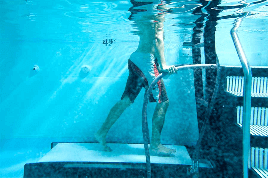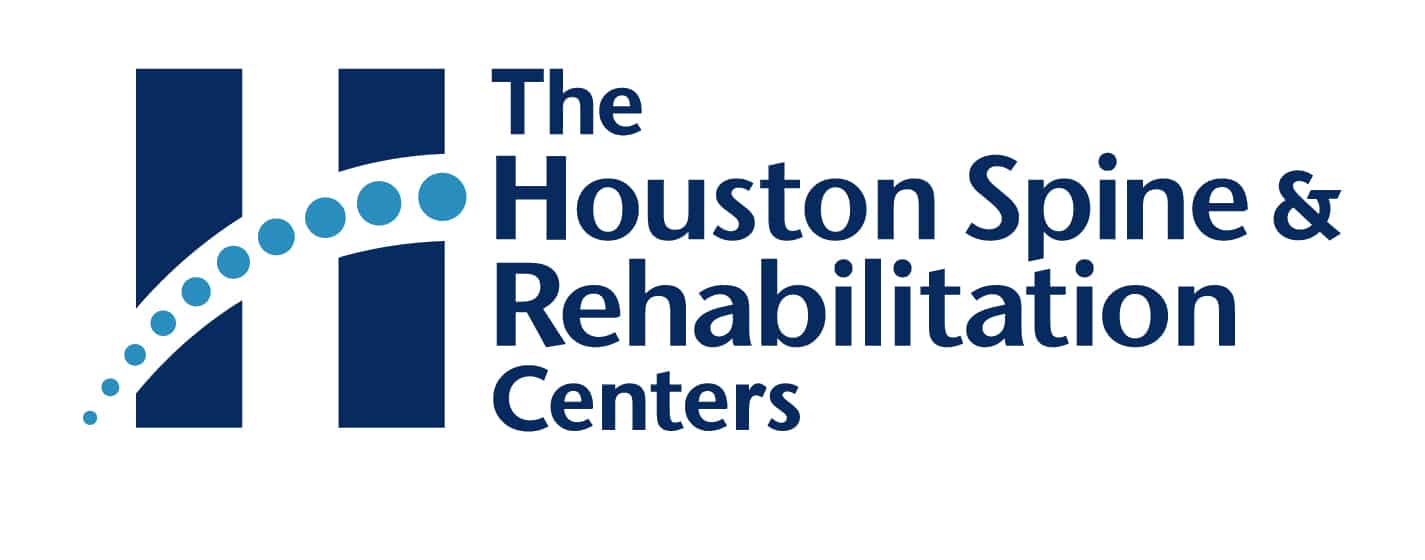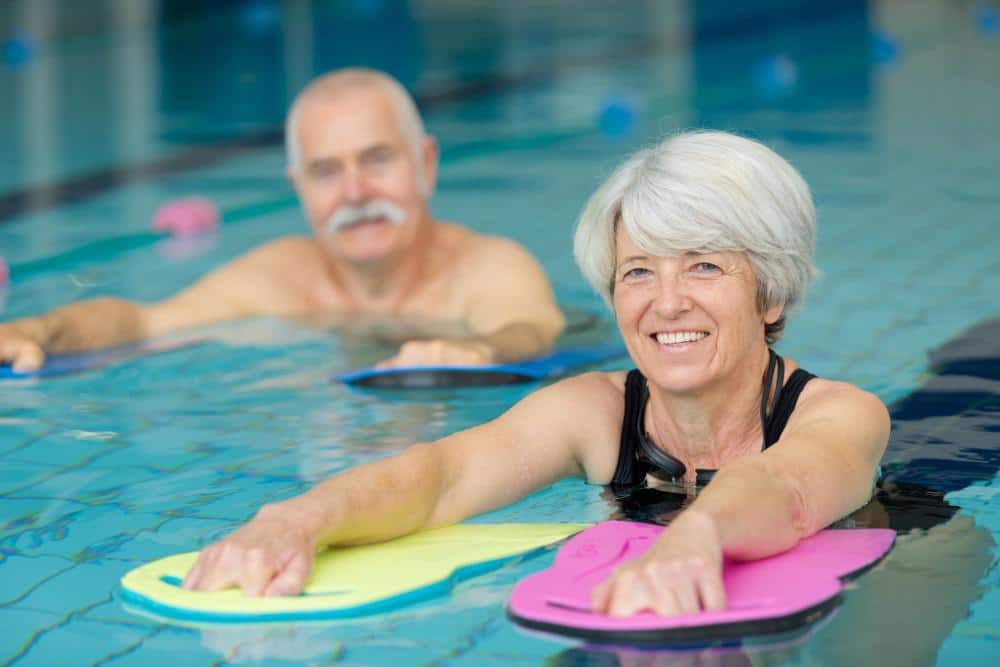Did you twist an ankle while engaging in physical activity? Have you suffered a stress fracture due to overtraining?
It may seem counterintuitive to look at new ways to exercise if physical activity caused your injury in the first place. However, not all types of exercises put equal stress, or pressure, on your body. Low-impact exercise can keep you active and in shape while you heal.
Aquatic therapy is one of the most popular therapies used during rehab because it’s gentle on the body and anyone can benefit from it, regardless of whether or not they can swim. The depth and temperature of the water can also be customized to your liking.
Strengthens muscles

Muscle loss is one of the biggest concerns for those who suffer sports injuries. Many patients who are diagnosed with sports injuries avoid exercise altogether, which inevitably leads to a decrease in muscle mass.
Water is 600-700 times denser than air. Therefore, when you move in the water, your body encounters more resistance, forcing your muscles to work harder even when performing simple movements.
The less resistance your body encounters, the more muscle you lose. For example, astronauts in space lose a lot of muscle because in a weightless environment there isn't enough resistance to keep their muscles engaged throughout the day.
Reduces the risk of developing other injuries
If you have an injured knee and are exercising at the gym, losing your balance could lead to a fall and another injury.
However, losing your balance in the water isn’t a problem, because the water’s resistance will prevent you from falling down.
Speeds up recovery
In a heated pool, you can perform exercises that you can’t perform on land during the early stages of physical therapy. The water supports most of your body weight.
Also, warm water can stimulate blood flow and increase blood supply to your sore and strained muscles.
Learn more about how aquatic therapy
The use of water for therapeutic reasons is as old as time. Historical evidence suggests that ancient Egyptians bathed with essential oils and herbs, while in ancient Greece, Hippocrates recommended spring water for illnesses.
Today, researchers have found that even the temperature of the water in the pool can lead to different outcomes regarding metabolic rate, heart rate, and muscle spasms.
If you want to learn more about the benefits of aquatic therapy and how it works and find out whether or not it’s the right approach to help heal your injury, contact us to schedule an appointment with one of our experts.



